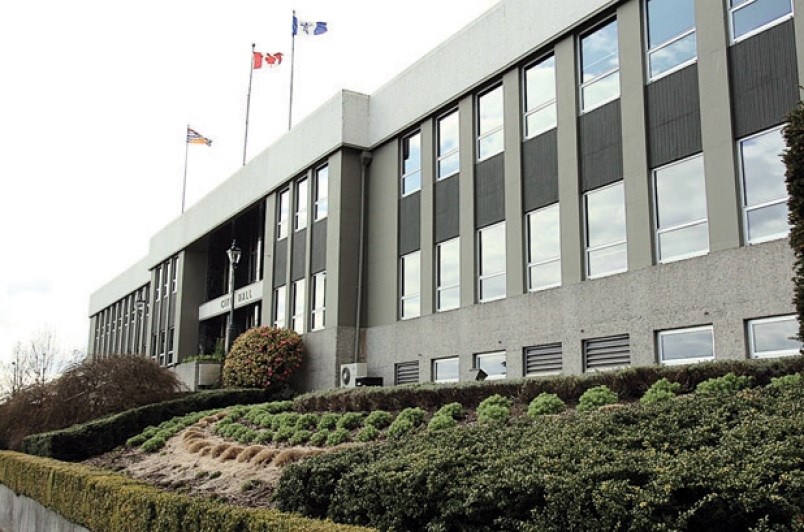The City of New Westminster is urging the federal government to cease all litigation connected to Indigenous children.
City council recently approved a motion by Coun. Chuck Puchmayr to ask the federal government to abandon all future litigation and to immediately comply with the rulings of the Canadian Human Rights Tribunal. Before presenting his motion to council, Puchmayr said he consulted with the Tŝilhqot'in Nation, which is New Westminster’s sister community, and with Qayqayt Chief Rhonda Larrabee, who both supported the motion.
“This is a situation that has been ongoing, I believe since 2007,” Puchmayr said. “It’s been a very long battle to assert that there was a grave wrong done to children living on reserves.”
According to the Canadian Human Rights Tribunal, the First Nations Child and Family Caring Society and the Assembly of First Nations filed a complaint against the federal government, alleging that the child welfare services provided to First Nations children and families living on reserves were flawed, inequitable and discriminatory. They ask that the tribunal find that First Nations children were being discriminated against and order appropriate remedies.
The federal government asked that the case be dismissed, but in 2013, the Canadian Human Rights Tribunal began hearing evidence. In January 2016, it ruled that First Nations children were being discriminated against and it made several recommendations, including ordering the Department of Indian and Northern Affairs to cease its discriminatory practices regarding the First Nations Child and Family Services program.
Puchmayr said it’s estimated about 50,000 children and family members are affected by the Canadian Human Rights Tribunal’s decision.
“The Human Rights Tribunal is only permitted to levy penalties of $40,000 per person, which they have done so,” he said.
The federal government subsequently applied for a judicial review and a stay of the order from the Canadian Human Rights Tribunal. It argued the tribunal should not have ordered the federal government to pay $40,000 to each child who had been affected by the on-reserve child welfare system since 2006.
On Sept. 29, the Federal Court dismissed the government’s application for a judicial review.
Puchmayr said Indigenous communities and other communities are now speaking out and asking the federal government to stop fighting the Canadian Human Rights Tribunal’s decision.
“They have two abilities left. They have the Supreme Court in Ontario and then they have the Supreme Court of Canada to continue on this litigation,” he said. “This motion is asking them, on behalf of the First Nations that we have consulted with, to cease any and all litigation on this matter.”
The motion approved by New Westminster city council states that in 2016, the Canadian Human Rights Tribunal ruled that the federal government “willfully and recklessly” discriminated against Indigenous children living on reserves by failing to fund child and family services to the same level as they did in non-Indigenous communities. It goes on to say that this neglect by the federal government was found to have forced more than 50,000 children into foster care.
Federal officials have stated Ottawa isn’t opposed to providing compensations but doesn’t consider a “one-size-fits-all” solution to be the best way of providing compensation.
On Oct. 1, the federal government issued a statement concerning the Federal Court’s decision to dismiss Canada's application to judicially review the Canadian Human Rights Tribunal orders.
“Canada is reviewing the Federal Court's decision and further information will be forthcoming,” said a statement from the Government of Canada. “Canada remains committed to compensating First Nations children who were removed from their families and communities and to continue implementing significant reform of the First Nation Child and Family Services Program….”


